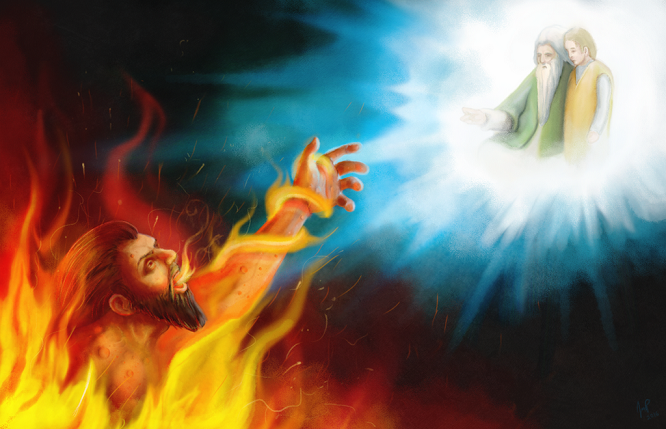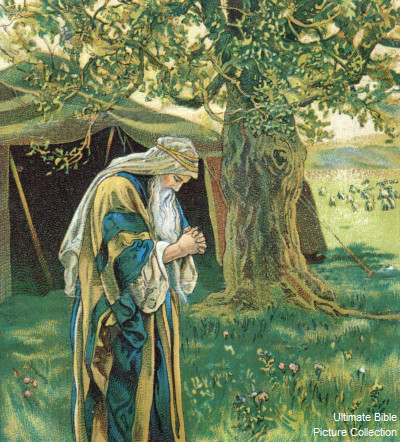Readings: Genesis 15:1-6 | 1 John 4:16-21 | Luke 16:19-31
Text: Luke 16:19-31
In the Name + of Jesus. Amen.
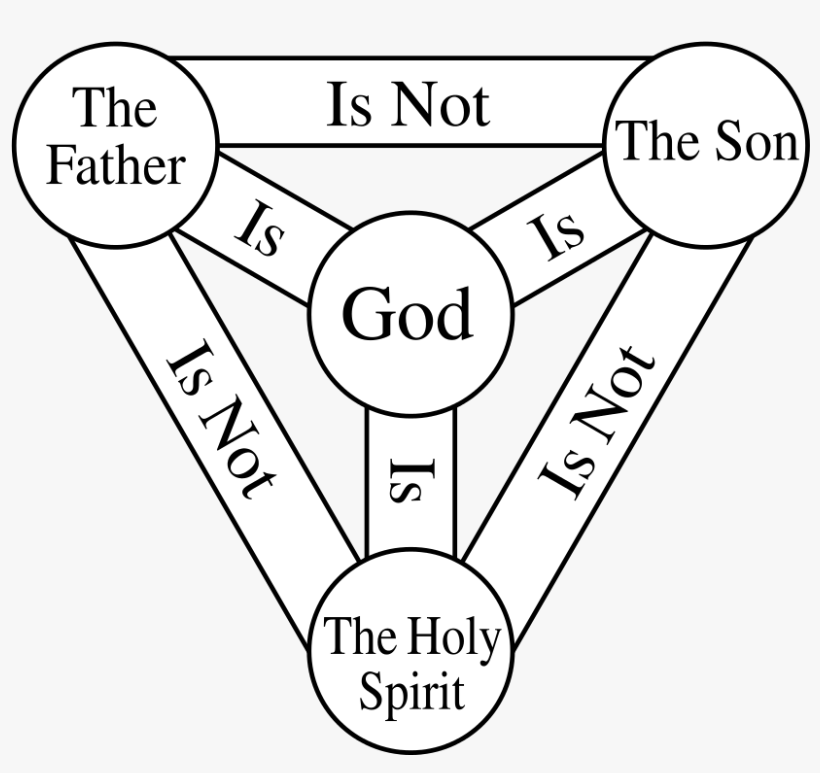
Last week, we confessed in the Athanasian Creed, “Whoever desires to be saved must, above all, hold the catholic faith. Whoever does not keep it whole and undefiled will without doubt perish eternally.” Today, we see the application of this biblical truth—The rich man is in hell, while Lazarus is comforted at Abraham’s side.
So, the biggest question from the Gospel reading today is: What shall we do, “lest we also come into this place of torment” where the rich man finds himself? At first glance, the story of the Rich Man and Lazarus seems to say that rich people go to hell and poor, sick people go to heaven. Wouldn’t that make it easy? Then the Marxist ideology would be right which says struggling, disadvantaged people are more noble than “fat cat” CEO’s. That’s the message we hear all the time, so much so that it seems to be evil simply to have money. If you don’t believe me, just ask any Christian what kind of looks they got when they drove to church in a Tesla.
But it’s not that simple. The point of this story isn’t found in purple robes and feasts or starvation and open sores. In the Athanasian Creed and the Last Judgment in Matthew 25, we confess, “Those who have done good will enter into eternal life, and those who have done evil into eternal fire.” What St. John says his first epistle is true, “whoever loves God must also love his brother.”[1] But there’s more to it than the outward actions.
Despite the first blush of this story, our lot in life doesn’t determine our place in heaven or hell. If you’re young, healthy, and everything is going well, it doesn’t mean God loves you any more than a middle-aged woman who suffers with chronic pain. If you can barely make ends meet and live with an endless stream of trouble, God’s love is undoubtedly yours because of Christ. What you have or don’t have in this life where to look for God’s love.
The more important issue is, Where is your faith? Jesus illustrates a rich man who believed in his material blessings and was comforted by them. On the other hand, Lazarus despised his earthly life and looked only to God for comfort. But it doesn’t have to be just deluded rich people and God-fearing poor people. St. Paul writes to Timothy and to us, “The love of money is the root of all kinds of evil.”[2] Yes, there are wealthy people who boast in the comfort of their wealth. But there are also poor people who look to money as if it were their savior. There are millionaires with messy divorce fights over property and there are poor people who scrape and fight to get every last dollar they think they’re entitled to. But before God they are all alike: “Those of low estate are but a breath; those of high estate are a delusion; in the balances they go up; they are together lighter than a breath.”[3] Whether you’re comfortable or lacking, if you believe your help comes from the things of this life, your faith is in the wrong thing.
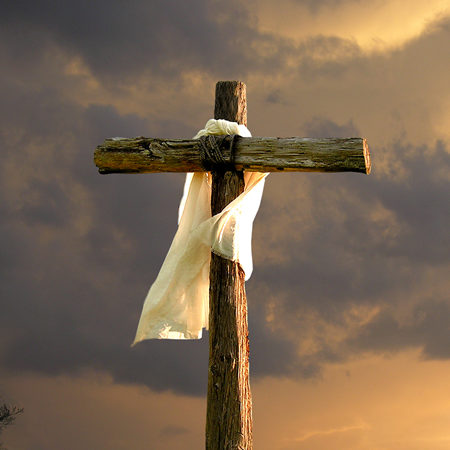
In Colossians 3, St. Paul writes, “1If then you have been raised with Christ, seek the things that are above, where Christ is, seated at the right hand of God. 2Set your minds on things that are above, not on things that are on earth.” (Colossians 3:1–2) This is where your Lord wants your faith to be: in Him, who made heaven and earth, who adopted you as His dear children, and who gladly and freely gives you all that you need to support this body and life.
And if that’s where your faith is, what flows from that is contentment. The unnamed rich man had faith in his prosperity. He was content with having everything his heart could desire—a fully belly, fine clothes, and people to wait on him. Lazarus, though he had nothing, he was content with it. That’s not to be confused with being happy about it. But how can we make such a claim that he is content with his condition? Because, in the Gospel, the Lord tells us something we don’t normally have knowledge of: Lazarus had faith in God, and thus went to paradise.
Faith in God brings about contentment with whatever your earthly lot gives you. Again from Colossians 3: “Put to death therefore what is earthly in you: sexual immorality, impurity, passion, evil desire, and covetousness, which is idolatry.” (Colossians 3:5) The trouble really isn’t what stuff or how much stuff people have; it’s our earthly sinful hearts that are filled with jealousy and covet that Tesla that our brother or sister drove up in.
But you have been crucified with Christ and were put to death with Him. All that fills you with discontentment has died on the cross. Your true God, the maker of heaven and earth, has given you a new heart and His Spirit, so that you trust in Him for all things. With your faith you acknowledge Him as your loving Father who always and forever cares for you, His child.
Whether you have much or little—it is enough. You might have good health or poor health—it is enough. Your living situation might be ideal or lacking—it is enough. Whether He gives or He takes away—it is enough. It is enough because it is what your Heavenly Father has given you for today.
With a right faith and contentment in Him, He sends each believer out to love His neighbor. The faithful who are amply supplied now get to share in something amazing. St. Paul writes to Timothy, “17 As for the rich in this present age, charge them not to be haughty, nor to set their hopes on the uncertainty of riches, but on God, who richly provides us with everything to enjoy. 18 They are to do good, to be rich in good works, to be generous and ready to share”[4] He has freed His children from the “American Dream,” which is the pursuit of affluence that ensnares so many. In its place, whatever we have is a gift from Him for serving your family, your brother or sister, and whatever need He brings before you.
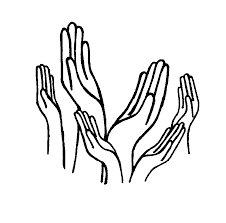
But on the other side, if you’re the one in need, your place in this economy is no less important. While you might not be able to be generous the same way someone who has more can, God has also given you empty hands to lift up to Him. Receive whatever good things God gives you by the hands of others, giving thanks and praise to Him. The Holy Spirit who has been given to you also will guard you from trusting in and hoarding these gifts from God, delivered by the hands of His faithful.
When our journey is over, and God brings us from this valley of sorrows to Himself, these differences will pass away. In the Kingdom of God, none are lacking and all are fully comforted. And this amazing inheritance is yours through God’s gift of faith. Therefore, it is our duty to thank and praise, serve and obey Him at all times.
In the Name of the Father and of the + Son and of the Holy Spirit. Amen.

[1] 1 John 4:21
[2] 1 Timothy 6:10
[3] Psalm 62:9
[4] 1 Timothy 6:17-18


